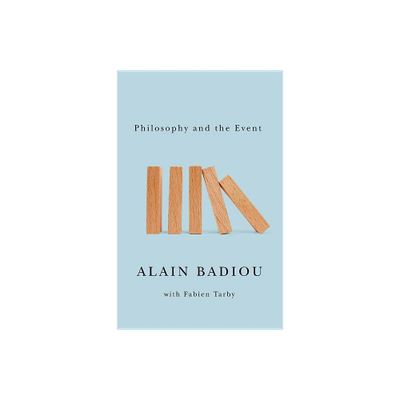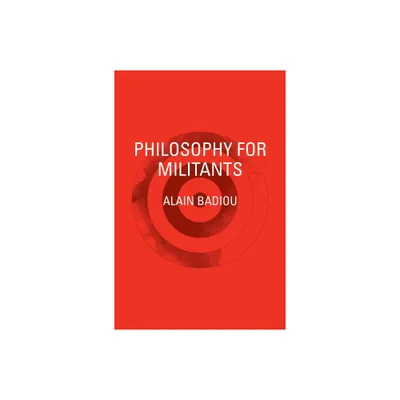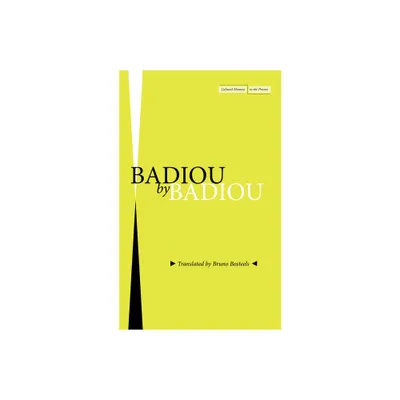Home
Philosophy, Sophistry, Antiphilosophy: Badiou's Dispute with Lyotard
Loading Inventory...
Barnes and Noble
Philosophy, Sophistry, Antiphilosophy: Badiou's Dispute with Lyotard
Current price: $175.00


Barnes and Noble
Philosophy, Sophistry, Antiphilosophy: Badiou's Dispute with Lyotard
Current price: $175.00
Loading Inventory...
Size: Hardcover
*Product Information may vary - to confirm product availability, pricing, and additional information please contact Barnes and Noble
Alain Badiou's work in philosophy, though daunting, has gained a receptive and steadily growing Anglophone readership. What is not well known is the extent to which Badiou's positions, vis-à-vis ontology, ethics, politics and the very meaning of philosophy, were hammered out in dispute with the late Jean-François Lyotard. Matthew R. McLennan's Philosophy, Sophistry, Antiphilosophy is the first work to pose the question of the relation between Lyotard and Badiou, and in so doing constitutes a significant intervention in the field of contemporary European philosophy by revisiting one of its most influential and controversial forefathers.
Badiou himself has underscored the importance of Lyotard for his own project; might the recent resurgence of interest in Lyotard be tied in some way to Badiou's comments? Or deeper still: might not Badiou's philosophical Platonism beg an encounter with philosophy's other, the figure of the sophist that Lyotard played so often and so ably? Posing pertinent questions and opening new discursive channels in the literature on these two major figures this book is of interest to those studying philosophy, rhetoric, literary theory, cultural and media studies.
Badiou himself has underscored the importance of Lyotard for his own project; might the recent resurgence of interest in Lyotard be tied in some way to Badiou's comments? Or deeper still: might not Badiou's philosophical Platonism beg an encounter with philosophy's other, the figure of the sophist that Lyotard played so often and so ably? Posing pertinent questions and opening new discursive channels in the literature on these two major figures this book is of interest to those studying philosophy, rhetoric, literary theory, cultural and media studies.


















